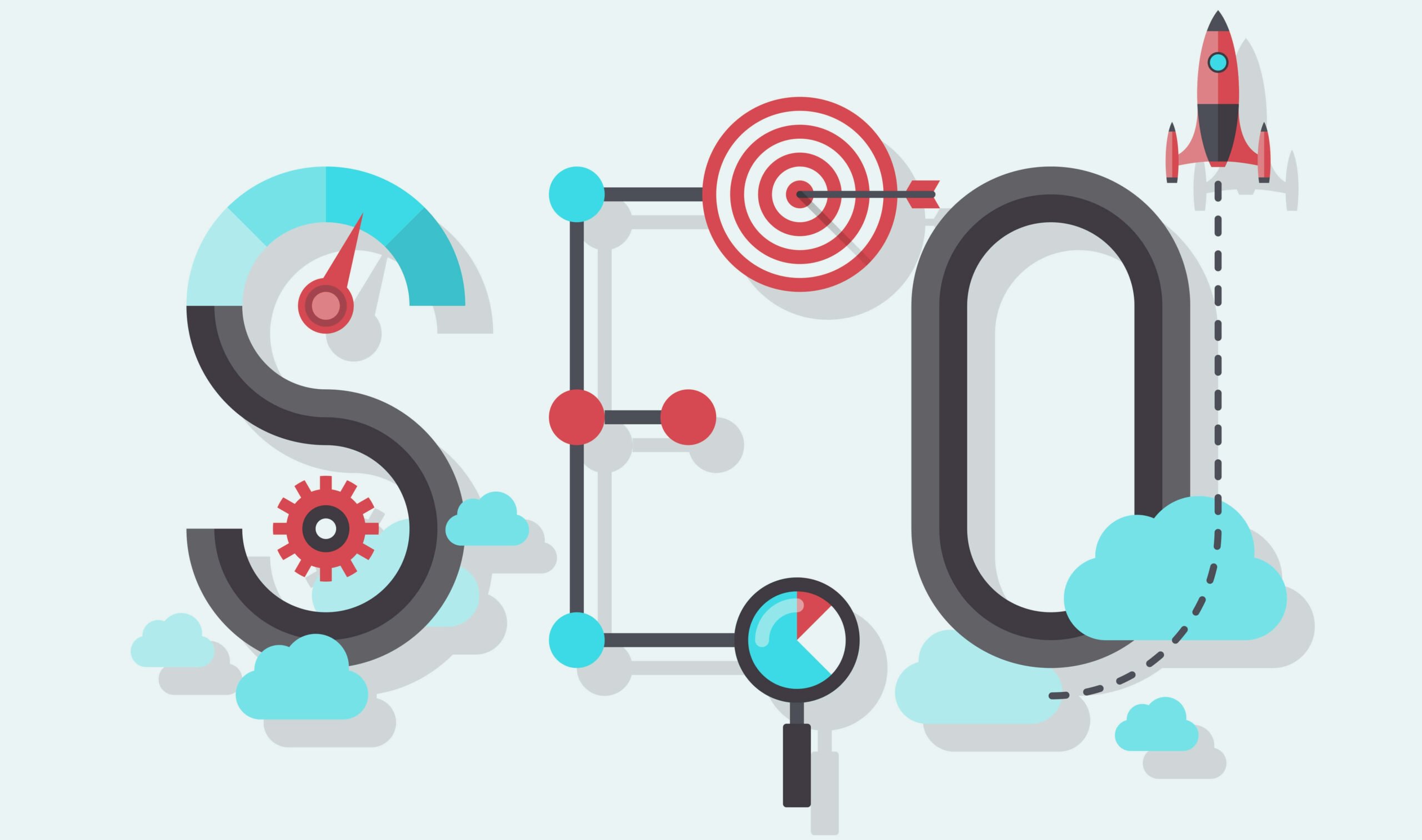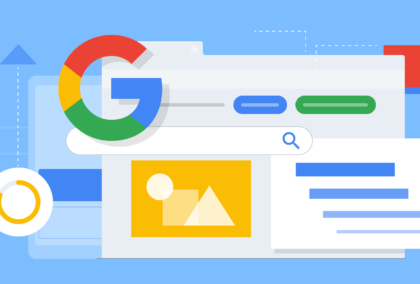SEO is one of the best methods for B2B companies to drive customer engagement. For B2B companies, the organic online presence across all kinds of channels is necessary to improve sales and the probability of potential conversions.
B2B SEO is used to generate organic growth for a company through specific SEO techniques. These techniques differ from that of the techniques in B2C SEO. Thus, you must use the right SEO strategies for your B2B service, to be more successful in the business.
Even though the basics of SEO remain the same in both these cases, there are some aspects to be considered while performing B2B SEO.
Data Collection
This is the first step of developing an effective B2B SEO strategy. All the data and information you collect should be clean and precise so that you can make the decision-making process look simple. Data collection includes three major processes- tracking, filters, and goals.
For tracking, the key is to make sure that the scripts in your website are used properly so that they’re collecting the right kind of information every day. Google Tag Manager is an effective tool to implement this.
Filters will help you to eliminate website data that has no purpose in your research and makes the final data clean and straight to the point. IP filters eliminate traffic from your employees, clients, and your office. The data from spam websites are removed by domain filters, and hostnames filters make sure that the final data collected is relevant to your website.
Finally, you have to set up your goals properly and work on them. In B2B SEO, the two important goals are micro and macro conversions. Micro conversions are small engagements like subscribing to a newsletter or email notification. Macro conversions include higher lead-generating goals like demo requests, filling forms, etc.
Technical SEO
When data collection is complete, the next step is to make your website technically ready and make way for anything that impacts traffic coming to your website.
Here, the first thing to do is to resolve the crawler issues that might be dropping down your website experience. This includes 404 errors, duplicate content, and website speed. 404 errors can affect the complete user experience. The website should contain unique content that is free from any kind of duplication so that it remains engaging. Finally, the website speed performance should be improved by minimizing scripts, optimizing images, and review the codes properly.
Once these issues are settled, you can come up with well-optimized title tags and descriptions, which are attractive enough to invite a click from the user.
Keyword Research
Once the website is perfect, the next step is to perform keyword research. Compared to B2C SEO, B2B is a larger process, with more stakeholders involved in the buying process. Thus, the keywords that you target must be those that are a part of the entire customer journey, from the general to the specific keywords.
The best thing to do is discuss with your clients what keywords are important to them and analyzing the list based on their website, competitor websites, and efficient keyword tools.
From this final list, prioritize the important keywords based on their relevance to the products, services, and successful conversions on the website.
Content Creation
Now that the keywords are set, you should come up with engaging content to enrich your websites. Analyze your website and decide whether to update the existing content or come up with a fresh one.
Content is effective when it is useful to the people and finds a solution they are looking for. It must be easy to read, with the relevant links attached to it, and the keywords used in a healthy fashion. Keyword density is very important while designing effective SEO content.
If you still have doubts about what to write, you may analyze the search engine results for the keywords, the questions frequently answered, and the tone in which it is to be conveyed. Also, make sure that you come up with all types of content related to their whole purchase journey. There are several SEO agencies to assist you with quality content. Coral Concepts LLC has been recognized as one of Top Local SEO companies by DesignRush.
Optimizing Conversion Rates
Any strategy that you adopt is of no use if you don’t optimize the different conversions. This includes search engine page conversion optimization, lead optimization, and information seeker optimization.
Search engine page conversion optimization relies on your title tags and meta descriptions, which should be designed to attract more and immediate clicks. In information seeker optimization, make sure that you provide all the information about yourselves through newsletters, case studies, videos, etc. Lead optimization is all about taking care of macro conversions like filling out forms, demo requests, or anything just before the purchase. When you optimize all these conversions, you will get the best result for your online business.
These five factors have a firm influence in determining the success rate of B2B SEO strategies. So, make sure that you consider every one of them to experience the luxury of organic growth.



